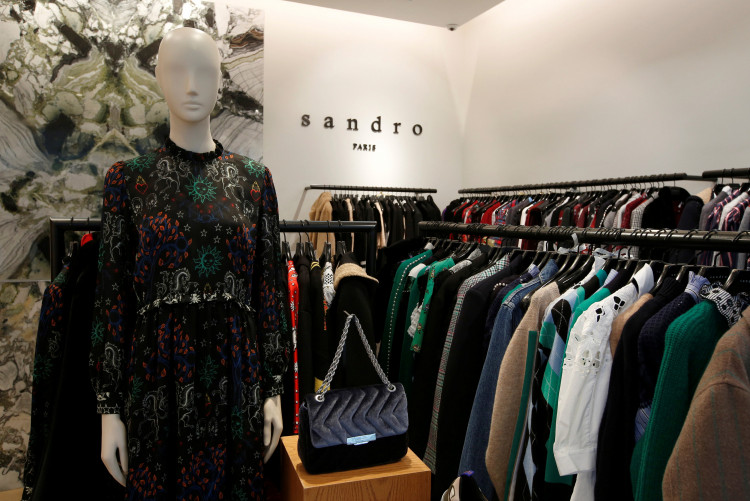For the first time in centuries, the Greater China will supersede the United States as the world's largest fashion industry market, according to McKinsey & Company's State of Fashion 2019 report.
The report asked more than 270 executives of the world's largest brands and uses a database of over 500 companies to compare the performances of different luxury brands across different regions and market segments.
One key finding of the report was that the Chinese are redefining the previously negative connotations when products were labeled as "Made in China." Local manufacturers were now more nationalistic that instead of accommodating the factory needs of international brands, they are yielding increasingly to the demands of the Chinese market.
The report stated that China is no longer the factory to the world, instead, it is where the largest consumers are, bringing in over 18 percent of the world's luxury market. Indeed, China Singles Day shopping holiday event generated sales almost twice the combined sales of US' Black Friday and Cyber Monday.
The report warned that China's nationalism would, however, be hard to penetrate as its people become more discerning. This was demonstrated most recently when Dolce&Gabbana was compelled to cancel its biggest event in Shanghai as the country united to boycott the brand. The controversy arises over insensitive "D&G Loves China" campaign advert where a Chinese lady was represented stereotypically and subjected to sexual innuendos.
McKinsey & Company's State of Fashion 2019 report also noted that there are growing worries in the fashion industry regarding several underperforming markets and region. That apprehension, however, remained balance because of the optimism coming from China where its most affluent people continue to strengthen their buying powers and the middle class is rapidly catching up.
With that, 51 percent of executives surveyed for the study believed that the fashion sector in the Asian region will become much better while 19 percent said it will remain in the status quo. In comparison, 64 percent of executives believed the US fashion industry will become much worse. The executives believed that the US companies are walking on eggshells with regard to how tariffs will bring impact to their overall production.
Indeed, the trade war will only dent China's luxury businesses minimally, according to Joann Cheng, Chairman of Fosun Fashion Group & Lanvin. She said China remains a large economy and has an extremely internal consumption power.
Elsewhere in the world, big fashion brands are planning to rapidly invest in digital and "disruptive" technology, a concept that has long been embraced in China, the report noted.
For one, the country's WeChat app has transitioned from being a social media platform to an e-commerce platform because of its 1 billion daily users. Alibaba and JD.com are also one of the largest competitors of US' giant Amazon.






